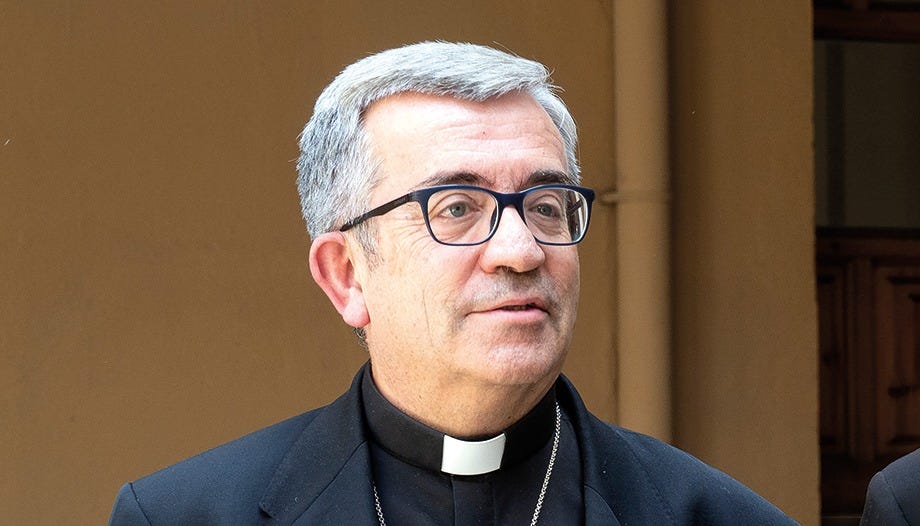Change ahead: What Spain's new episcopal leaders face
New bishops' conference leaders face a turbulent time for Catholics in Spain
The Spanish bishops’ conference elected as president Archbishop Luis Argüello of Valladolid, and Cardinal José Cobo of Madrid as vice-president. As the bishops get underway, they face a raft of challenges, at a critical time of change for the Church in Spain.
For his part, Argüello was until 2022 secretary general…

